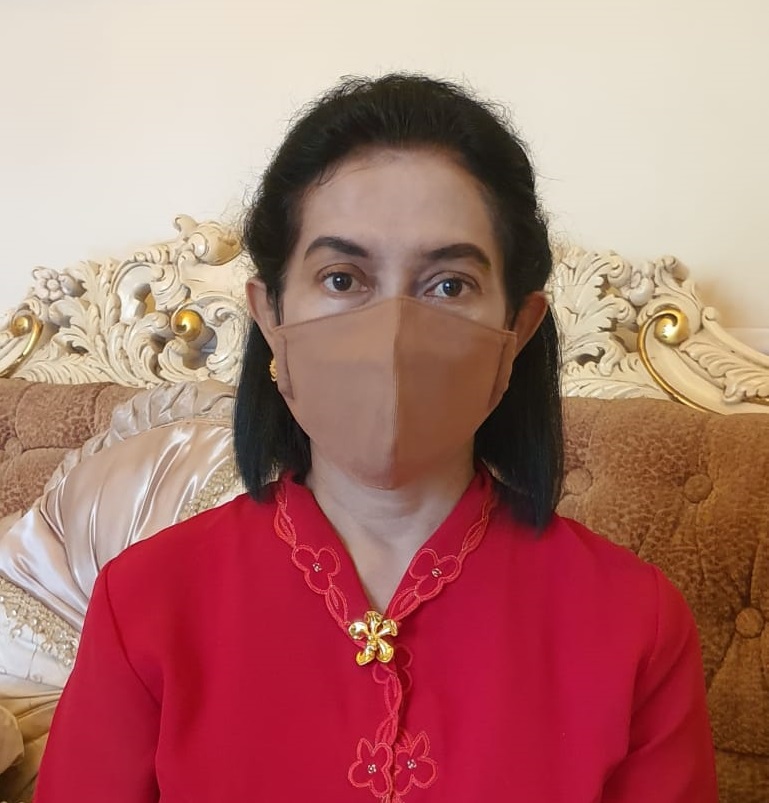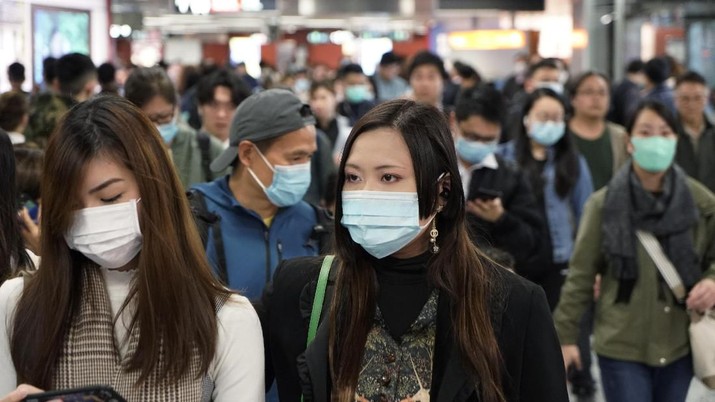UNAIR NEWS – For the last few months, Covid-19 pandemic has been raging all over the world. In Indonesia, as of Saturday, April 25, 2020, there were 8,607 confirmed cases of Covid-19. It affects various sectors, from economic, social, to political sector.
Although the Covid-19 pandemic is felt by all people from various countries, there is not much data about social behavior in the efforts to deal with Covid-19, especially in the college community.
Prof. Dr. Emy Susanti, MA., Professor of Faculty of Social and Political Sciences, Universitas Airlangga (FISIP UNAIR) gave her explanation. In her research, to find out students’ understanding, a strategic policy study assignment scheme was made. The scheme was to assist the government in making policy on mobilizing students in dealing with Covid-19.
” I want to know the students’ thoughts, understanding about Covid, and activities that can be carried out. I conduct this research, the strategic policy study assignment scheme, so we can provide input for the policy, “explained Prof. Emy, Saturday, April 25, 2020.
Using quantitative data, Prof. Emy explained that the research was disseminated to all higher education institutions in Indonesia with more than 2,500 respondents over 10 days. Focusing the results on student data, 1,740 students filled in the questionnaires.
Of the questionnaire distribution, 68 percent were filled by women while 32 percent were men, with 80 percent undergraduate students, 18 percent S2 students, and 5 percent from S3 students.
“We believe this is a representation of all of Indonesia. Universities throughout Indonesia with independent clusters (State Universities of Legal Entities), fostered, intermediate, all filled in. By filling in the questionnaire, respondents know most about Covid-19 from social media 98.6 percent, electronic media is 92.4 percent, ” she explained.
According to Prof. Emy, there are 80 percent of students who shared the information directly to other parties after getting it. And almost all students spread to their family members and close friends.
Surprisingly, she continued, there were still students who assumed that Covid-19 transmission was related to a particular religion. “About 14.3 percent of race, 12.6 percent of ethnicity, 13.5 percent of religion. That’s biased, yes. Some students still connect (Covid-19, ed) with other things, “said Prof. Emy.

“They understand the disease handling is the affair of central, regional, RT, RW, sub-district, village heads, community leaders, but there are still 4.1 percent who feel that Covid-19 is not the concern of community leaders,” she added.
For Prof. Emy, the data is a preliminary description to mobilize students in an effort to help overcoming Covid-19. The results of these studies can be used as input for government policy in tackling the Covid-19 pandemic. UNAIR’s participation in the forefront of Covid-19 handling is not only in the medical field, but also in the social humanities field. (*)
Author: Asthesia Dhea Cantika
Editor : Binti Q. Masruroh





